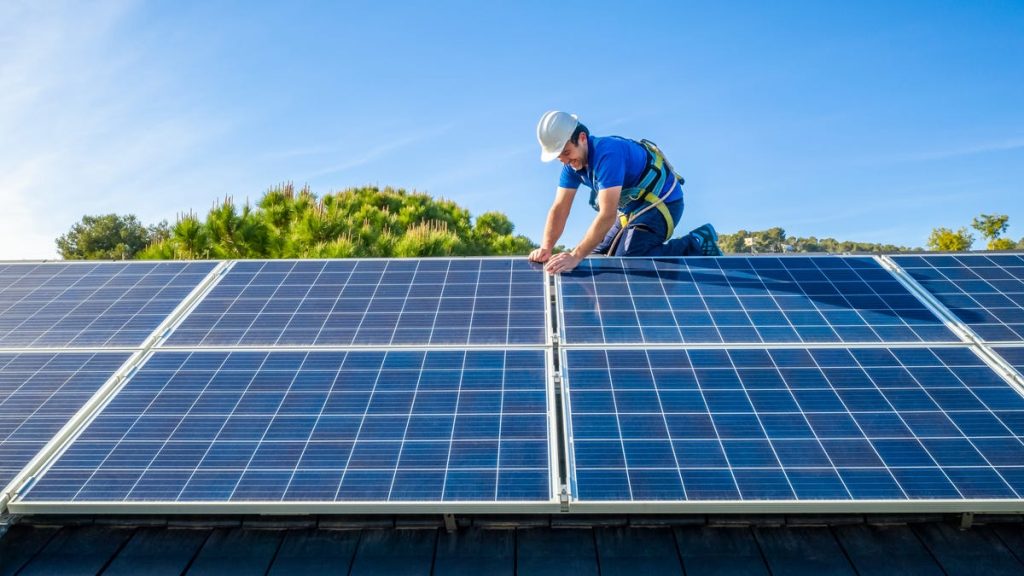The cost of installing solar panels in residential homes can vary widely due to factors such as system size, labor costs, and available state and local incentives. The average cost of solar panel systems is $3.30 per watt, which translates to $16,500 for a 5-kilowatt system. Other factors that impact the cost of solar panels include the complexity of the roof, the efficiency rate of the panels, and the components of the system, such as batteries and inverters.
In order to get an accurate estimate for the cost of solar panels, it is recommended to get multiple quotes from different solar installation companies. Consulting with at least three different companies can help ensure that you are getting a fair price. Factors that can affect the cost of solar panels include the size of the system, the efficiency rate of the panels, labor costs, and additional expenses such as permits and maintenance.
The cost of installing solar panels can also vary depending on the state you live in, as each state offers different incentives and tax credits for solar panel installations. Factors like the type of solar panels, the brand, and the components of the system can also influence the overall cost. It is important to consider all of these factors before making a decision to install solar panels in your home.
There are three main types of solar panels – monocrystalline, polycrystalline, and thin-film. Monocrystalline panels are the most popular choice for residential installations due to their high efficiency rates, while polycrystalline panels are more budget-friendly. Thin-film panels are the least efficient and are rarely used for residential purposes. The cost of these panels can vary depending on the type and brand.
When considering the financial investment of solar panels, it is important to factor in the long-term benefits, such as reduced electricity bills, increased property value, and environmental impact. While there are upfront costs associated with solar panel installation, there are also financing options available, such as cash payments, solar loans, and leases. The payback period for a solar system typically ranges from six to twelve years.
Overall, the decision to install solar panels should be based on individual circumstances, including energy needs, location, and budget. By understanding the costs involved and exploring financing options, homeowners can make an informed decision about whether solar panels are worth the investment.















